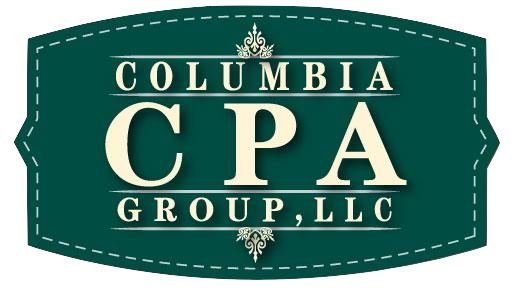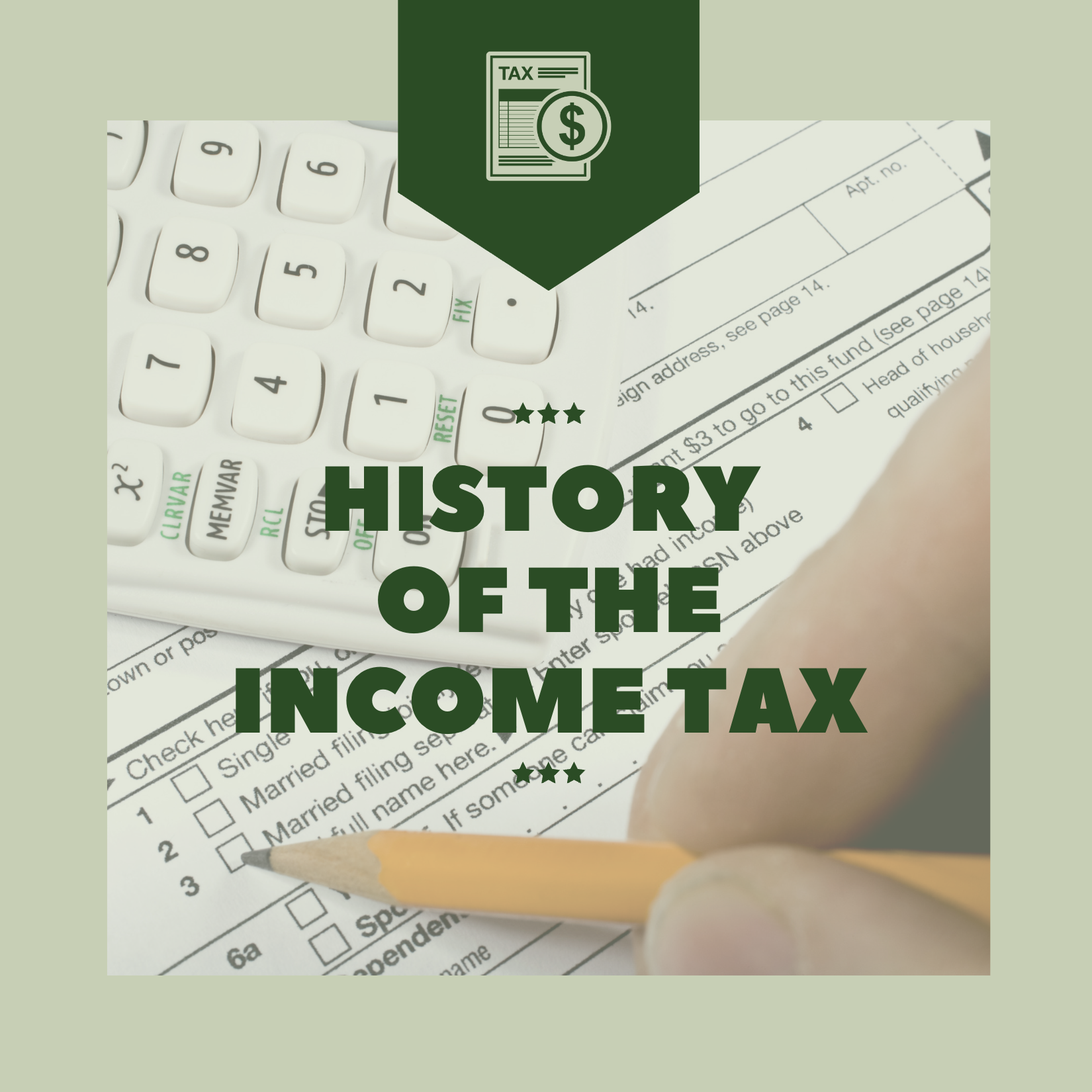
As we celebrate the 246th birthday of our great country tomorrow, I thought I would explain current tax theory, the historical part that taxes played in the formation of our country, and regulatory overreach and abuse that I have witnessed in the last 40 years.
Should citizens of the United States expect to be treated ethically and fairly by all government agencies, including the Internal Revenue Service (IRS)? The US Tax Code was developed after the 16th Amendment was ratified in 1913 (permanently changing the US Constitution). It has been modified many times, the most recent major revision being the Tax Cuts and Jobs Act of 2017. Every modification of the tax code has been passed by the House and Senate and signed by the President; it is the law of the land. Consequently, it should be studied, understood, and followed. However, in my 40 years of experience in the realm of US taxes, I have observed that the IRS is the worst abuser of the tax code.
In this series of articles, I will provide facts and cases that support that premise. In Part 2, I will discuss several sections (topics) in the tax code where the IRS twists the commonly held understanding of the wording in a code section to deny tax breaks purposely put in the tax code by Congress
Before continuing, I would like to give you a quick tax primer.
- Taxes have been collected by governments for millennia.
- Taxes fund governments.
- There are no natural laws regarding taxes.
- Governments can choose to tax anything.
- However, people paying the tax should perceive the tax: 1) is not excessive in amount, 2) efficient in collection, and 3) not arbitrary.
- The basic principles of modern tax theory include the following (of which Adam Smith developed the first four):
- (1) Equity: The tax should be proportional to income.
- (2) Ability (Certainty): The taxpayer should be able to compute simply and with certainty the tax he is required to pay.
- (3) Convenience: The timing and method of payment of tax should be convenient to the taxpayer.
- (4) Economy (Efficiency): Taxes should not be imposed if their cost of collection is excessive. The cost of collecting taxes should be efficient.
- (5) Neutrality: A tax should apply to everyone and not favor a certain group, race, political party, etc.
- (6) Wherewithal to Pay: Taxes should only be due when the taxpayer has the cash to pay the tax.
- (7) Clarity (Transparency): Tax regulations would be clear, simple and unambiguous. They should be comprehended by taxpayer and administrator, alike.
History. Our forefathers chose to revolt against the superpower of the 18th century, Great Britain, rather than continue to suffer egregious taxes and infringements of their rights as free men and women. Listed below are the Acts (taxes) imposed by Britain on Colonial Americans prior to the Revolutionary War.
- 1733 Molasses Act, which established a trade barrier to protect British exports from the West Indies to the American colonies.
- 1751 Currency Act, which banned the issue of bills of credit by New England colonies to assure that British merchants received full value for debt payments.
- 1764 Sugar Act, which amended the Molasses Act increasing the duty on imported molasses. More importantly, it was strictly enforced.
- 1765 Stamp Act, which required the purchase of stamps (duties) on 55 different public documents. This Act was viewed as the first time a tax was assessed simply to raise money. Opposition was widespread since it represented an infringement of the colonists’ rights.
- 1766 Quartering Act, which required local governments to house and feed British soldiers in American barracks and public houses.
- 1766 Declaratory Act, which passed at the same time the Stamp Act was repealed. It declared that the colonies were reliant on the Crown and that Parliament had authority to pass laws that applied to the colonies.
- 1767 Townshend Act, which was named after Charles Townshend, the Chancellor of the Exchequer. The Act imposed duties on 72 different items, including tea, paint, and paper. The revenue raised from this Act was used to support colonial officers and administrative staff, loyal to the Crown. Protests against this Act led to the Boston Massacre.
- 1773 Tea Act, which granted the East India Company a monopoly to import and distribute tea in the colonies. It doubled the price of tea and hurt the economic interests of shippers and shopkeepers. On 12/16/1773 Colonial patriots dressed as Native Americans dumped 342 containers of tea into Boston Harbor.
- 1774 Intolerable Acts, which were also called the Coercive Acts were a retaliatory response to the economic losses resulting from the Boston Tea Party. The Intolerable Acts were a package of five laws: 1) Boston Port Act (a British blockade closed Boston Harbor), 2) Massachusetts Government Act (the colony’s charter was revoked and replaced by a royal governor), 3) Administrative Justice Act, 4) Quartering Act (Colonists were required to provide housing, food, and drink to British troops. Often, this meant the homeowners were compelled to vacate their comfortable home at gun point and move into the barn.), and 5) Quebec Act.
- In response to Britain’s cruel punishment of colonists in Boston, the first Continental Congress met in Philadelphia from 9/5 to 10/26/1774. Initially, the goal of the first Congress was to make Parliament understand their grievances, have many of the Acts rescinded, and give the colonists representation in Parliament.
More to come.
Aric Schreiner, CPA, PFS, is managing member of Columbia CPA Group, LLC.




